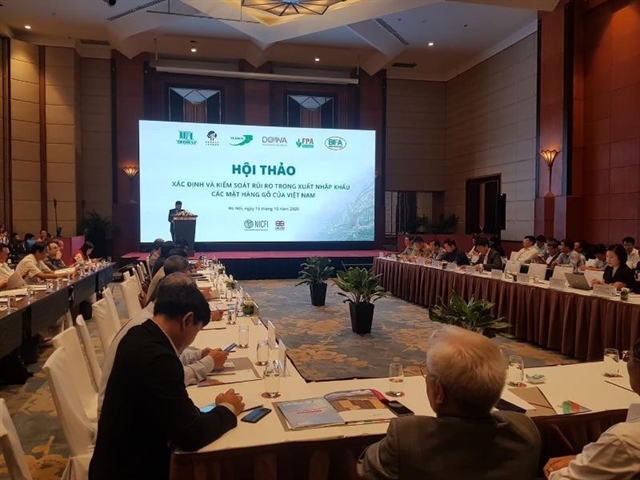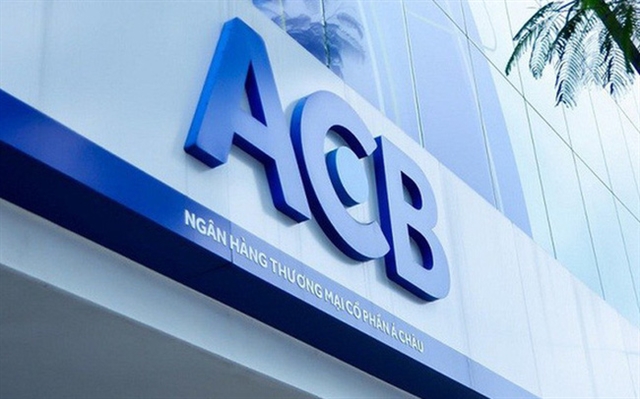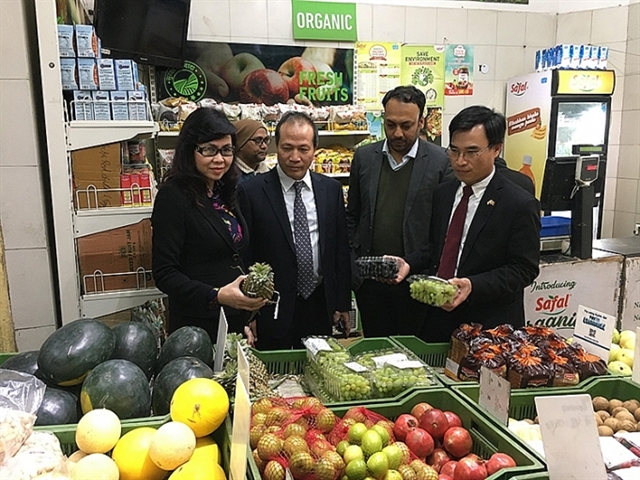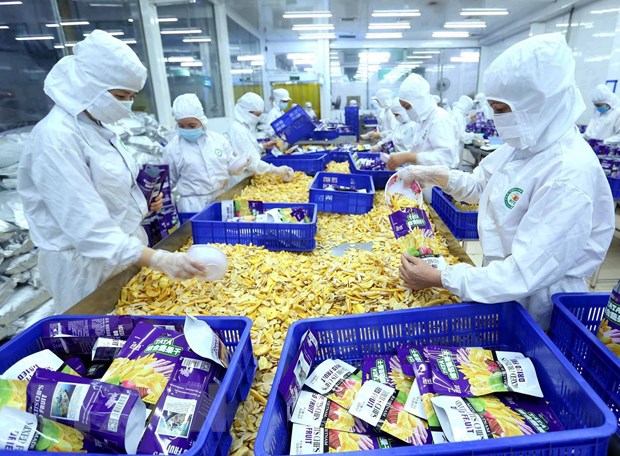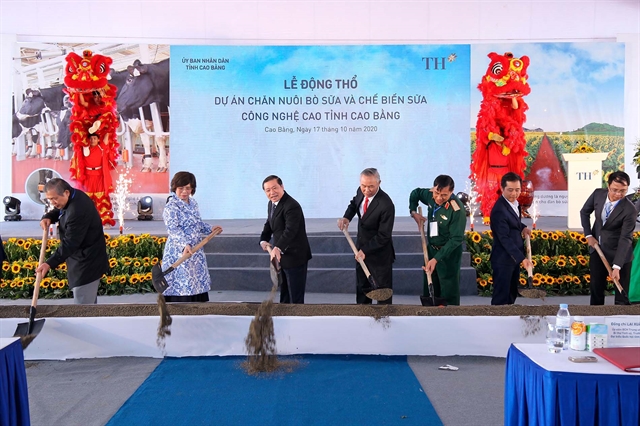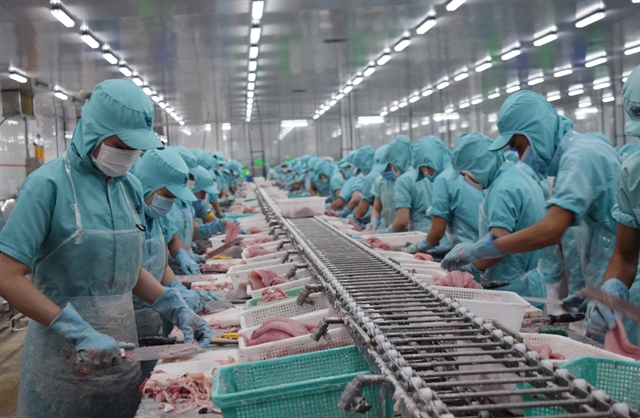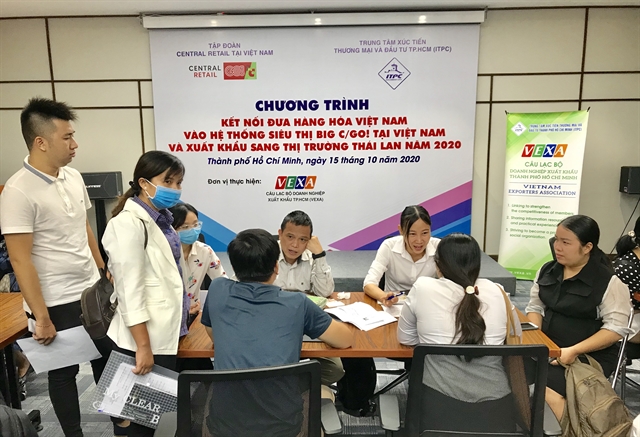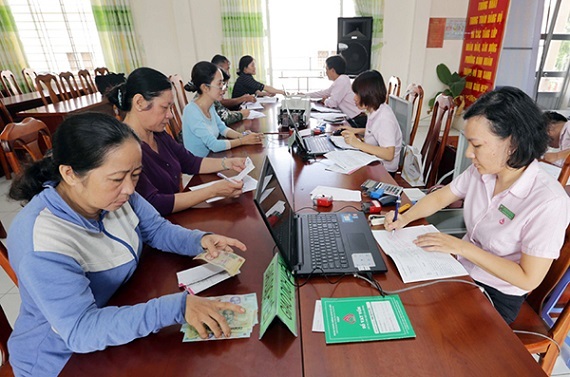
HÀ NỘI — Commercial banks should diversify their loan products, lower interest rates and simplify procedures to improve accessibility to official credit channels in an effort to keep people away from illegal sources, Deputy Governor of the State Bank of Việt Nam Đào Minh Tú said.
According to Ngô Hồng Vương from the Ministry of Public Security, black credit remained rampant in many localities with high rates, which were seriously affecting social order.
Black credit was now increasingly associated with organised crime and illegal debt collection measures, he said, adding that the punishments were not strong enough.
Deputy Minister of Public Security Nguyễn Văn Thành said that the focus would be placed on checking, investigating and handling lending activities which were showing signs of violations, especially peer-to-peer lending and online lending apps and websites.
In the long term, it was necessary to improve the legal framework for online lending and peer-to-peer lending to increase punishments and tighten management, Thành said.
Trần Lan Phương, deputy director general of the Việt Nam Bank for Social Policies, said that the bank was implementing a number of solutions to expand credit for production and consumption with an aim to keep people away from black credit.
For example, a household could be provided with loans worth up to VNĐ100 million (US$4,300) without mortgaged assets. Poor, near-poor and households who just escaped from poverty could have lending terms of up to 120 months.
Phạm Toàn Vượng, deputy director general of the Việt Nam Bank for Agriculture and Rural Development (Agribank), said that Agribank was pushing consumer credit services nationwide with simple document requirements.
According to Tú, the central bank would join the Ministry of Public Security to increase communication and improve awareness of citizens of black credit as well as enhance accessibility to banking services, especially for those living in remote, rural and mountainous areas.
Tú urged credit insitutions to diversify their credit products, improve banking services, reduce rates and simplify lending procedures so that more people could get access to official loans.
With a nationwide network, credit institutions, financial companies and micro-finance organisations must meet the legitimate borrowing demand, especially of those with low income and who did not have bank accounts, Tú said.
Relevant ministries and organisations must enhance cooperation to implement drastic measures in improving awareness about problems and harms of black credit, Tú said, adding that strict punishments must be implemented for violations in lending.
According to the World Bank’s report about ease of doing business 2020, Việt Nam ranked second in ASEAN and 25th out of 190 economies in term of the ease of getting credit. — VNS
